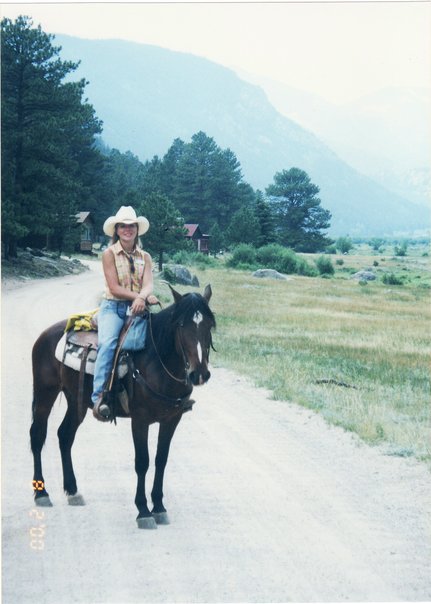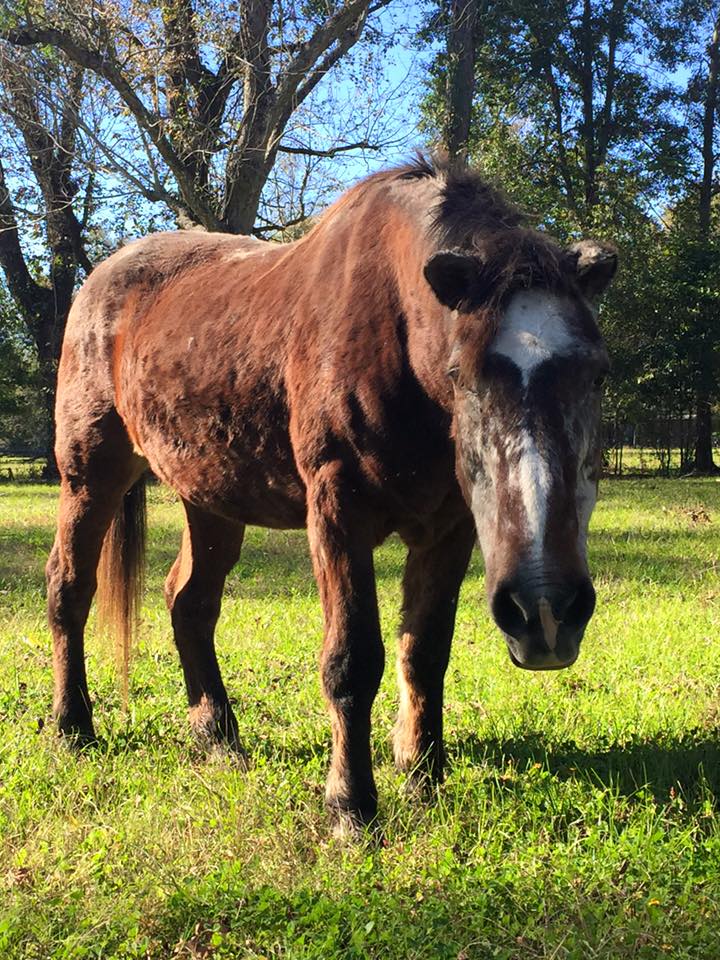
The Untold Truths About Managing Respiratory Disease
I found my forever horse when I was 17. I was working on a dude ranch and there was this little, bay mustang mare who had a wild streak a mile wide. Of course, I was instantly smitten and she was assigned as my mount. By the end of the summer it was clear, she would be accompanying me home.

I’ve now had Cricket in my life for the better part of 16 years and she’s traveled everywhere I have. Every move I made, she made it with me. We’ve done it all - rodeo, hunter, dressage, pair pace, team sorting, roping, even Extreme Cowboy Racing – and she did it all with her signature spunk.
After a move to Louisiana, we were up in southwestern Arkansas on a lengthy trail ride and, when we returned to camp for the night, I noticed her dramatically increased respiratory rate. She showed me no signs of distress on the trail and even set the pace for the rest of the group the entire way but, back at camp, she stood stoic with a respiratory rate of 88 breaths per minute. It took several hours for her to return to a normal rate and throughout this time the rest of her vital signs were completely normal.
Upon returning home, I had her evaluated by my vet who performed a very thorough exam and ultimately diagnosed her with Recurrent Airway Obstruction (RAO) – previously known as Chronic Obstructive Pulmonary Disorder (COPD). I started her on a myriad of medications, steroids, breathing treatments and management changes, all of which helped to a degree but she still struggled.
Additionally, at her advanced age of 25, Cricket was no spring chicken. I started to worry about her ability to metabolize the steroids and what secondary effects those may have on her health if she stayed on them long term. Top that off with the hit my wallet was taking on medication costs and I decided it was time to look into alternatives.

I turned to a well-known supplement company and spent a good deal of time on the phone with a knowledgeable consultant who helped me develop an individualized supplement plan, all with the goal of weaning her off medications. Of course, I reviewed this plan with my vet who was in favor of doing whatever we could to maintain her with limited medications. I placed the order and we were on our way to a medication free existence…in theory.
While these supplements certainly helped to a degree, after a year I’d not been able to reduce or discontinue her medications. Now, between medications and supplements, I was paying $236/month (almost $8/day) to maintain her. I’m not a rich person and something had to give.
A friend told me about a new(er) supplement called Aleira, an Omega-3 supplement high in DHA and designed for respiratory and immune issues. At first glance I was in sticker shock – almost $3.50/day just for ONE supplement – but I decided to stop the others and give this a shot.
Within two weeks I saw a dramatic difference in her comfort level, attitude and ability to handle the heat and humidity of southern Louisiana. Within 4 months, we had decreased her dexamethasone dose by half and discontinued the hydroxyzine and prednisolone. At 6 months, she was no longer on dexamethasone daily and we were able to reserve it solely for her “bad days.”
Currently, my mare (my forever horse) is happy, healthy and pushing 30 years old. She thoroughly enjoys retirement and has reverted to many of her wild, mustang ways. Her flares have become fewer and fewer by the year and both my pocket book and I are quite happy. I have no doubt she’ll stay on Aleira for her remaining years and, if it helps keep this special mare going for many more to come, it was worth every penny.


